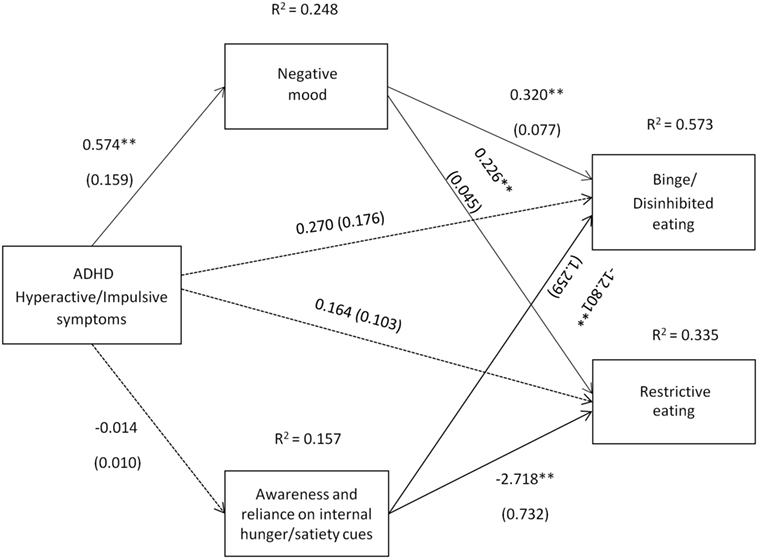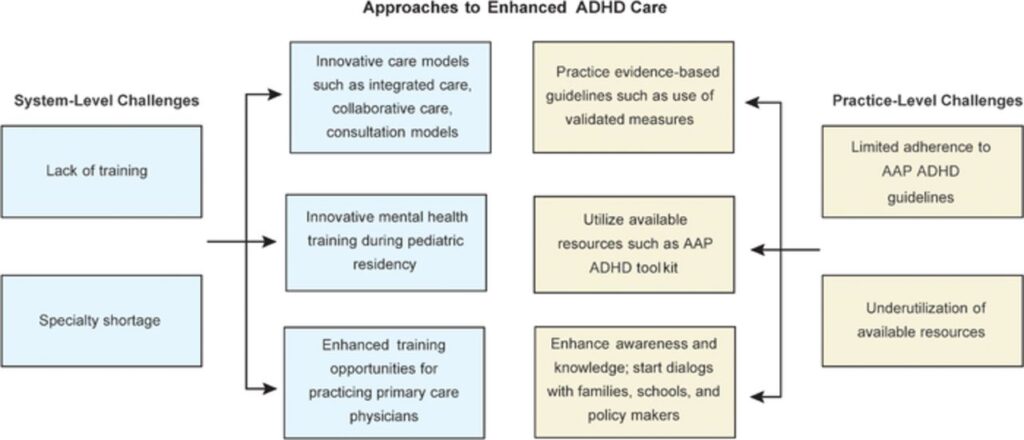Attention Deficit Hyperactivity Disorder, commonly referred to as ADHD, is often associated with children. However, it is a condition that can persist into adulthood, affecting daily life, relationships, and work performance. Adult Attention Deficit Hyperactivity Disorder is a neurodevelopmental disorder characterized by persistent patterns of inattention, hyperactivity, and impulsivity. While many people are diagnosed during childhood, some individuals only realize they have this condition later in life. This article explores the symptoms, causes, and treatments available for adults living with this challenging condition.

Understanding the Symptoms of Adult Attention Deficit Hyperactivity Disorder
The symptoms of this condition in adults may differ from those observed in children. While hyperactivity tends to decrease with age, challenges related to attention and impulsivity often remain prominent. Below are the key symptoms experienced by adults:
Inattention
- Difficulty Focusing: Adults with this condition often struggle to concentrate on tasks, especially those that require sustained mental effort. They may find themselves easily distracted by external stimuli or their own thoughts.
- Forgetfulness: Forgetting appointments, deadlines, or important details is common. This forgetfulness can lead to frustration both at work and in personal relationships.
- Poor Organization Skills: Managing time, prioritizing tasks, and keeping track of responsibilities can be overwhelming. This often results in cluttered workspaces and missed deadlines.
- Frequent Mistakes: Careless errors in tasks such as writing reports or filling out forms may occur due to an inability to maintain focus.
Hyperactivity
- Restlessness: Adults may feel an internal sense of restlessness, making it difficult to sit still for extended periods. This can manifest as fidgeting or constantly moving around.
- Talking Excessively: Some individuals may talk more than others, interrupting conversations or struggling to listen attentively.
- Difficulty Relaxing: Even during leisure activities, adults with this condition might feel the need to stay busy or multitask, preventing them from fully unwinding.
Impulsivity
- Interrupting Others: Impulsive behavior can lead to frequent interruptions during conversations or meetings, which may strain relationships.
- Risk-Taking Behaviors: Adults may engage in impulsive decision-making, such as overspending, reckless driving, or starting projects without considering the consequences.
- Emotional Reactions: Sudden mood swings or difficulty regulating emotions can result in inappropriate responses to situations.
What Causes Attention Deficit Hyperactivity Disorder in Adults?
The exact cause of this condition remains unclear, but research suggests that a combination of genetic, neurological, and environmental factors contribute to its development. Understanding these causes can help individuals and healthcare providers create effective management strategies.
Genetic Factors
Evidence shows that this condition often runs in families. If a close family member has been diagnosed with the condition, there is a higher likelihood of developing it. Studies indicate that certain genes related to brain function and neurotransmitter regulation may play a role in its onset.
Neurological Differences
Brain imaging studies have revealed structural and functional differences in the brains of individuals with this condition. Areas responsible for attention, impulse control, and executive functioning may be less active or smaller in size. Neurotransmitters such as dopamine and norepinephrine, which regulate mood and attention, may also function differently in affected individuals.
Environmental Influences
Exposure to certain environmental factors during early childhood can increase the risk of developing this condition. These include:
- Prenatal Exposure: Smoking, alcohol consumption, or drug use during pregnancy has been linked to an increased risk of the condition in children.
- Toxins: Exposure to lead or other environmental toxins during early childhood may contribute to the development of the condition.
- Trauma: Early life stressors, such as neglect or abuse, can exacerbate symptoms or trigger the onset of the condition in susceptible individuals.
Treatment Options for Adults with Attention Deficit Hyperactivity Disorder
While there is no cure for this condition, various treatment options can help manage symptoms and improve quality of life. A combination of medication, therapy, and lifestyle changes is often recommended for optimal results.
Medication
Medications are a common and effective way to manage symptoms. They work by balancing neurotransmitter levels in the brain, improving focus and reducing impulsivity. The two main categories of medications used are:
- Stimulants: These are the most commonly prescribed medications and include drugs like methylphenidate and amphetamines. They enhance concentration and reduce hyperactivity by increasing dopamine and norepinephrine levels.
- Non-Stimulants: For individuals who do not respond well to stimulants or experience significant side effects, non-stimulant medications such as atomoxetine may be prescribed. These medications take longer to show effects but are effective in managing symptoms over time.
Therapy
Therapeutic interventions can complement medication and provide long-term coping strategies. Common approaches include:
- Cognitive Behavioral Therapy: This form of therapy helps individuals identify negative thought patterns and behaviors, replacing them with healthier alternatives. It is particularly effective in addressing emotional regulation and organizational skills.
- Psychoeducation: Educating individuals about the condition empowers them to understand their symptoms and develop strategies to manage them effectively.
- Support Groups: Joining support groups allows individuals to connect with others facing similar challenges, fostering a sense of community and shared understanding.
Lifestyle Changes
Making specific lifestyle adjustments can significantly alleviate symptoms and improve overall well-being. Consider the following recommendations:
- Exercise Regularly: Physical activity boosts dopamine levels and reduces stress, helping to improve focus and mood.
- Maintain a Balanced Diet: Consuming nutrient-rich foods while avoiding excessive sugar and caffeine can stabilize energy levels and enhance cognitive function.
- Establish Routines: Creating structured daily routines minimizes distractions and ensures important tasks are completed on time.
- Practice Mindfulness: Techniques such as meditation and deep breathing exercises promote relaxation and improve emotional regulation.
Challenges Faced by Adults with Attention Deficit Hyperactivity Disorder
Living with this condition as an adult presents unique challenges that can impact various aspects of life. These challenges include:
- Workplace Difficulties: Struggles with organization, time management, and meeting deadlines can hinder job performance and career advancement.
- Relationship Strain: Impulsivity and forgetfulness may lead to misunderstandings or conflicts with partners, friends, or family members.
- Low Self-Esteem: Persistent struggles with focus and productivity can result in feelings of inadequacy or frustration.
- Comorbid Conditions: Many adults with this condition also experience coexisting mental health issues such as anxiety, depression, or substance abuse, complicating treatment and recovery.
Seeking Professional Help
If you suspect you have this condition, it is essential to seek professional evaluation and diagnosis. A qualified healthcare provider, such as a psychiatrist or psychologist, can conduct assessments to determine whether you meet the criteria for the condition. Early intervention and appropriate treatment can make a significant difference in managing symptoms and improving overall quality of life.





